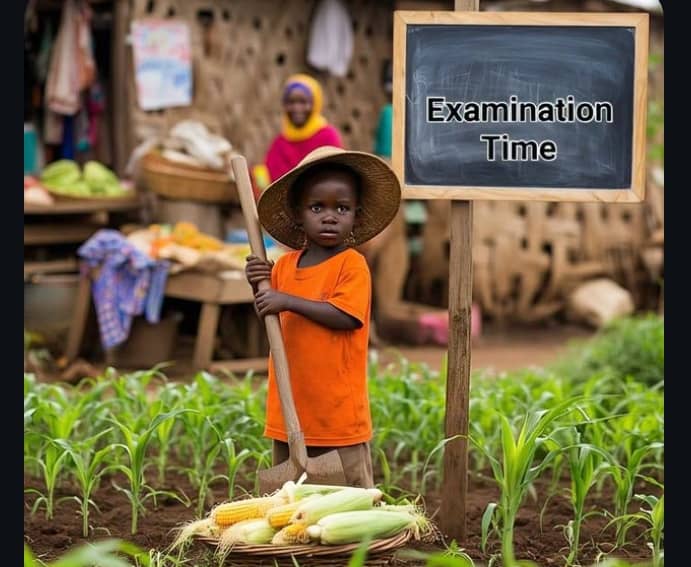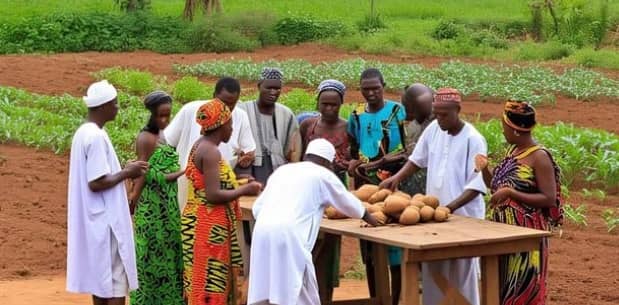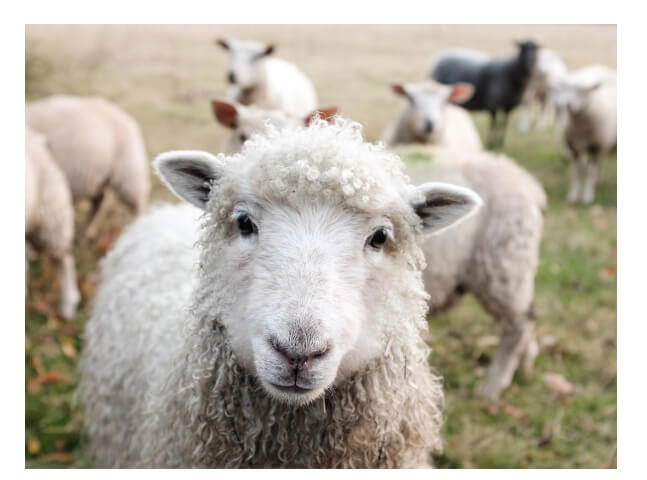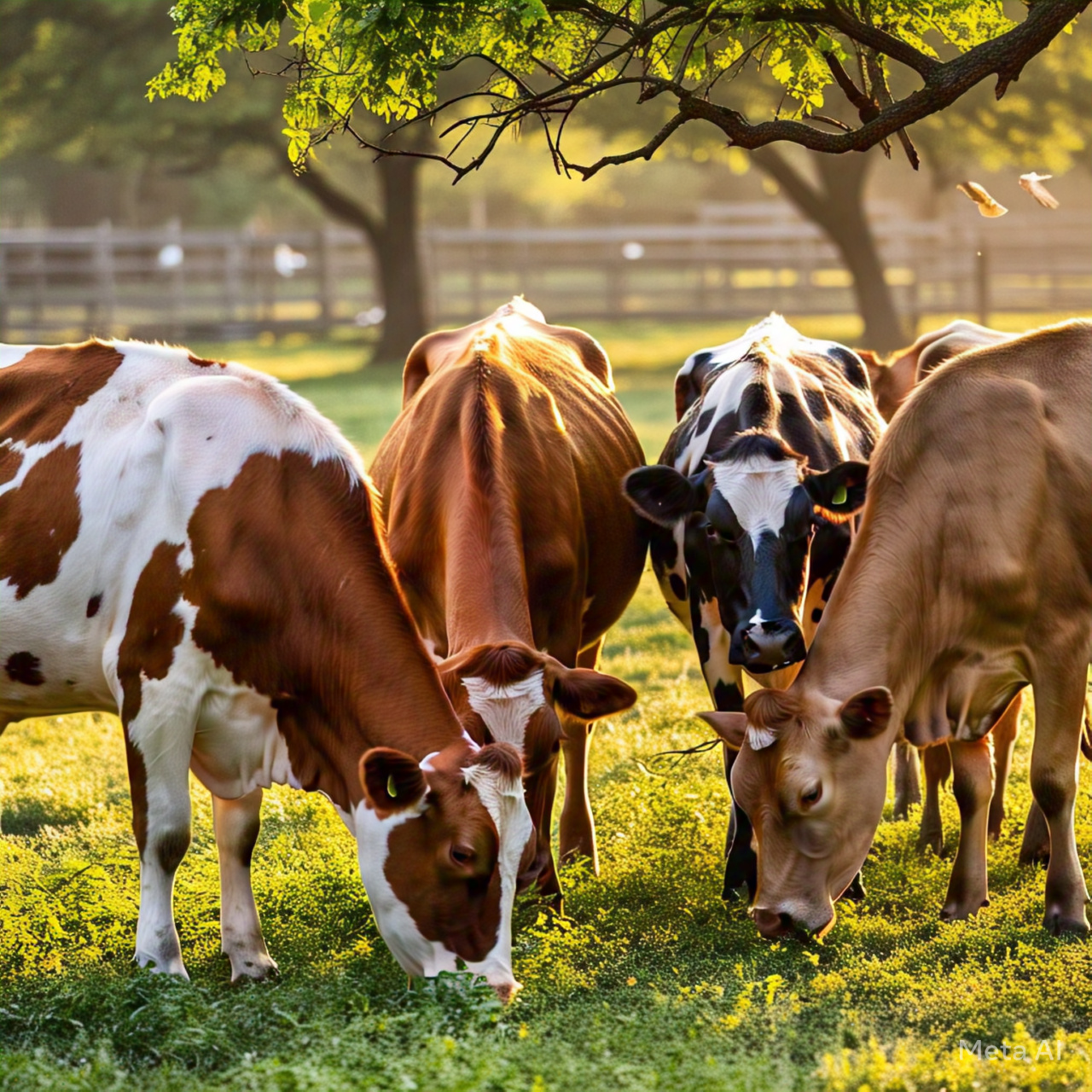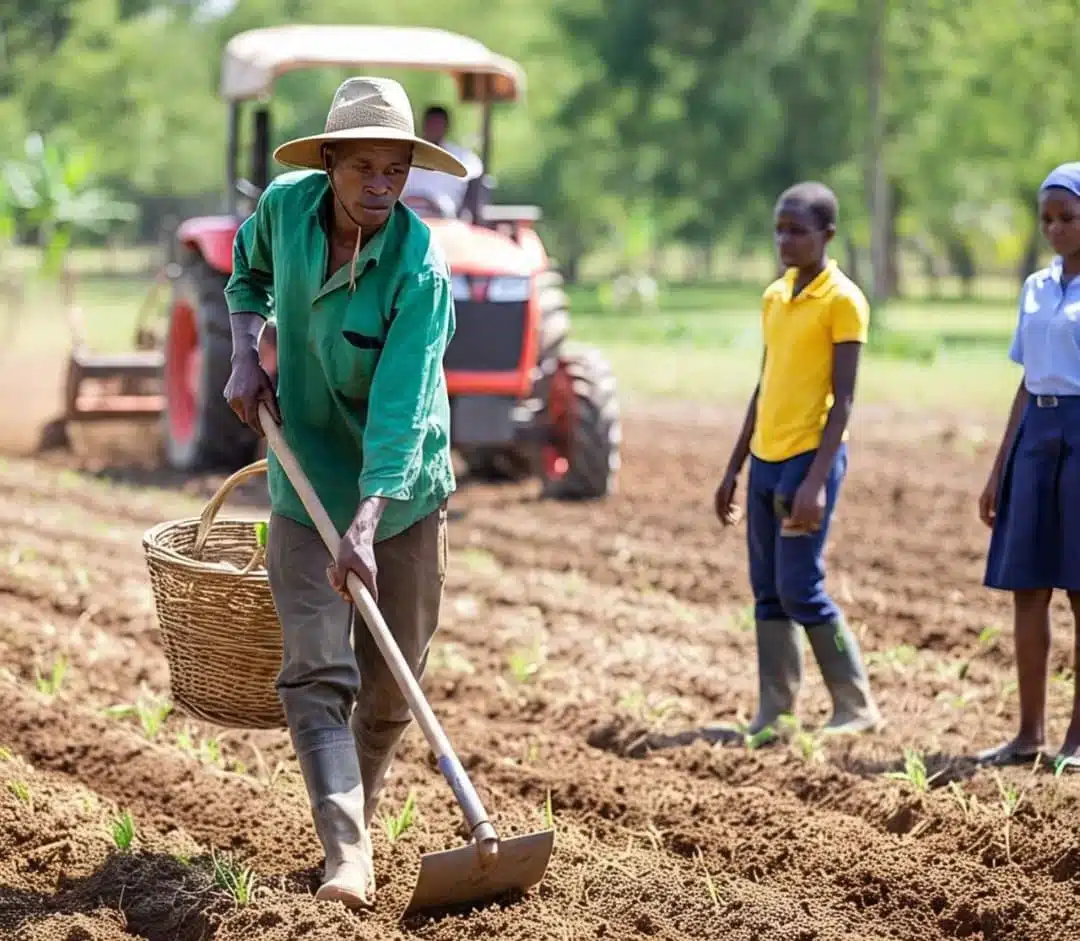Primary 5 English Lesson Note – Composition Writing: My Country (Week 4)
Lesson Note: Composition Writing – My Country
Subject: English Language
Class: Primary 5
Term: First Term
Week: 4
Age: 9 – 10 years
Duration: 40 minutes
Topic: Composition Writing
Sub-topic: My Country
Theme: Writing about One’s Nation
Performance Objectives
By the end of the lesson, pupils should be able to:
- Write a short, well-organized composition about their country.
- Identify key information to include when describing a country.
- Use correct sentence structure, capitalization, and punctuation.
- Develop pride and appreciation for their country.
- Read and present their compositions confidently to the class.
Behavioural Objectives
At the end of the lesson, pupils should be able to:
- Mention the name and location of their country.
- Describe its people, capital, and resources.
- Write four or more well-connected paragraphs about their country.
- Express hope and love for their nation.
Instructional Materials
- Chart showing the Nigerian map
- Flashcards with country-related vocabulary
- Sample composition titled “My Country – Inland”
- Writing materials (board, exercise books, pencils)
Keywords and Meanings
- Country: A nation or land where people live under one government.
- Population: The total number of people living in a place.
- Capital: The main city where the government is located.
- Occupation: The kind of work people do to earn a living.
- Independence: Freedom from another country’s control.
- Ethnic Groups: Different tribes or people with unique languages and cultures.
- Revenue: Money a government earns from resources.
- Agriculture: The practice of farming or growing crops and rearing animals.
- President: The head of state or leader of a republic.
- Peaceful: Calm and without fighting or trouble.
Previous Knowledge
Pupils have previously learned how to write a short paragraph describing themselves and their family.
Set Induction (Introduction)
Teacher’s Storytelling Hook:
The teacher begins by saying:
“Children, imagine a big world map in front of you. Now point to Nigeria — our home! Every nation has a name, a leader, and something special about it. Just like Inland in our example, Nigeria too is full of stories, people, and treasures. Let’s explore how to write about our beloved country.”
Teacher displays the sample passage ‘Example – My Country (Inland)’ and reads it aloud with expression.
Entry Behaviour
Pupils have seen the Nigerian flag and know a few facts about their country such as the name of the president, capital, and currency.
Lesson Presentation
| Step | Teacher’s Activities | Pupils’ Activities |
|---|---|---|
| Step 1: Explanation | The teacher explains that a composition about one’s country should include: name, location, population, languages, capital, resources, and hopes for the future. | Pupils listen attentively and ask questions. |
| Step 2: Reading Practice | Teacher reads the example composition about “Inland” again and identifies its parts — introduction, body, and conclusion. | Pupils follow along in their books and underline important parts. |
| Step 3: Class Discussion | Teacher asks: “What do you love about Nigeria?” “What resources do we have?” “Who is our current president?” | Pupils respond excitedly, sharing what they know about their country. |
| Step 4: Writing Practice | Teacher guides pupils to outline their own country composition: |
- Name and location
- Population and language
- Major resources and occupations
- Leadership and hope for the future | Pupils write in their exercise books following the outline. |
| Step 5: Presentation | Teacher calls a few pupils to read their compositions aloud. | Pupils read and clap for one another. |
Sample Composition
Title: My Country
The name of my country is Nigeria. It is one of the largest countries in Africa with a population of over two hundred million people. Nigeria gained her independence from Britain on October 1, 1960.
Nigeria is made up of over 250 ethnic groups, and the three major ones are Hausa, Igbo, and Yoruba. The capital city is Abuja, while Lagos is the commercial center. The official language of Nigeria is English.
The major occupations of Nigerians are farming, trading, and civil service. We are also blessed with natural resources like crude oil, coal, and limestone.
Our current president is Bola Ahmed Tinubu. Though Nigeria faces many challenges, I believe that with good leadership, peace, and unity, our country will become one of the greatest in the world.
Evaluation Questions
- What is the name of your country?
- What is the capital city of Nigeria?
- Mention two natural resources found in Nigeria.
- When did Nigeria gain independence?
- Who is the current president of Nigeria?
Classwork
Pupils should write a detailed composition about their country (Nigeria) using the format discussed in class.
Assignment
Write a short composition titled “Why I Love Nigeria” in your English notebook.
Conclusion
Teacher reviews the key points, praises pupils’ efforts, and reminds them that loving one’s country begins with knowing and writing about it.
Reflection (Teacher’s Note)
- Pupils actively engaged with the sample story.
- Most could recall facts about Nigeria.
- Some need guidance with paragraph connection and punctuation.
Extension / Real-life Connection
Ask pupils to bring a newspaper, map, or online picture showing a Nigerian leader, flag, or major landmark in the next class.
